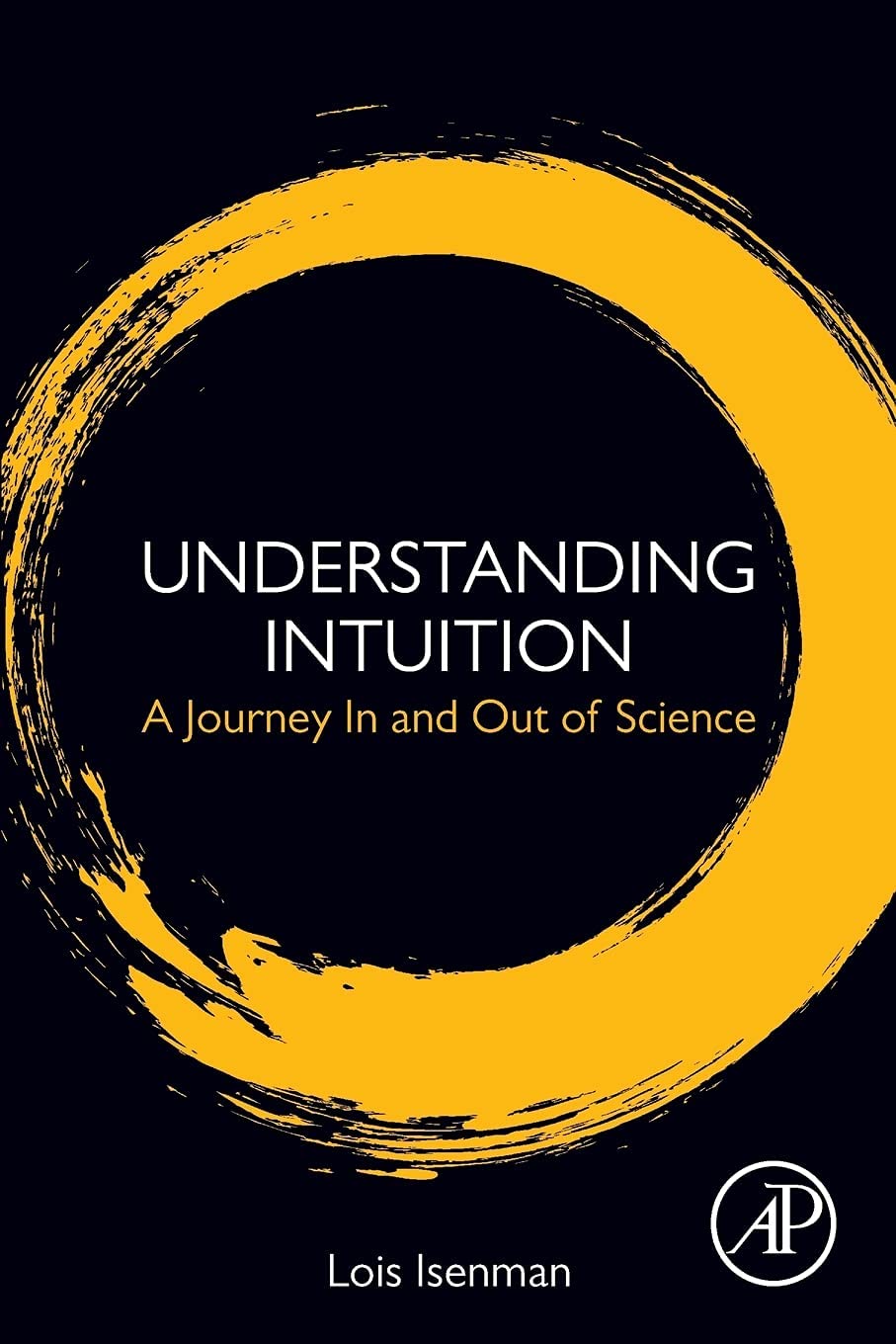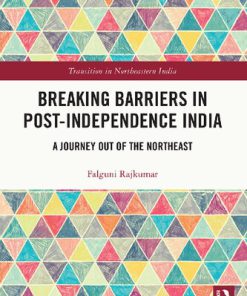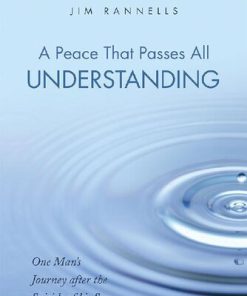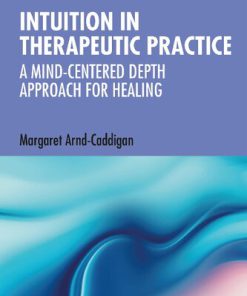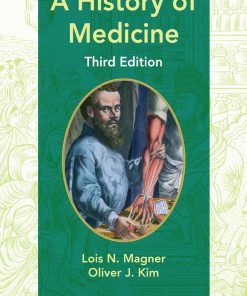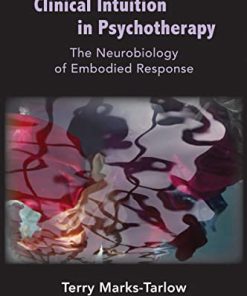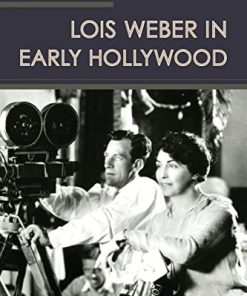Understanding Intuition A Journey In and Out of Science by Lois Isenman 9780128141090 0128141093
$50.00 Original price was: $50.00.$25.00Current price is: $25.00.
Understanding Intuition A Journey In and Out of Science Lois Isenman – Ebook Instant Download/Delivery ISBN(s): 9780128141090, 0128141093
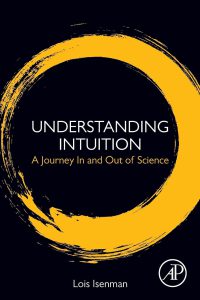
Product details:
- ISBN 10:0128141093
- ISBN 13:9780128141090
- Author: Lois Isenman
Understanding Intuition
A Journey In and Out of Science
Understanding Intuition: A Journey In and Out of Science explores the biological and cognitive mechanisms that account for intuition, and examines the first-person experience. The book integrates both scientific and personal perspectives on this important yet elusive mental capacity. It uses specific encounters to illustrate that intuition is enhanced when we can attend to the subtle aspects of our inner experiences, such as bodily sensations, images, and differing kinds of intuitive evaluative feelings, all of which may emerge no further than on the fringe of awareness. This awareness of subtle inner experiences helps forge a more fluid exchange between the unconscious and conscious minds, and allows readers to calibrate their own intuitions. Over the course of the book, readers will gain a deeper appreciation and respect for the unconscious mind and its potential sophistication, and even its potential wisdom. Understanding Intuition is a timely and critical resource for students and researchers in psychology, cognitive science, theology, women’s studies, and neuroscience.
- Stresses the powerful influence of the unconscious mind and its important adaptive role
- Frames intuition as significant and novel unconscious insight
- Presents a systematic framework for understanding different kinds of intuition
- Examines the emotional underpinnings of intuition, giving special emphasis to the role of somatic feelings and their derivatives
Table contents:
Chapter 1. Some Basic Questions
The Scientific Status of Unconscious Intelligence
The Difference Between Ordinary Thought and Intuition
The Relationship Between Scientific and Artistic Intuition
Chapter 2. Implicit Learning
Frequency Learning
Artificial Grammar Learning Experiments
Sequence Learning Experiments
How Implicit Is Implicit Learning?
Exploring the Relationship Between Implicit and Explicit Knowledge
Implicit Learning and the Evaluative Aspect of Intuition
How Important Is Implicit Learning to Breakthrough Intuition?
Chapter 3. Intuitive Cognition and Intuition
Intuitive Cognition in Scientific Discovery: It Must Be a “Molecular Disease”
Intuitive Cognition in Scientific Verification: The Form as well as the Content of the Data was Striking
Intuition and Brain Laterality
Linear Versus Relational Logic
Cognitive Assumptions Underlying the Two Aspects of Mind
Pattern Recognition, Brain Laterality, and Intuition
Appendix 1
Appendix 2
Chapter 4. The Brain and Perception
Classical Versus Natural View of Intelligence
Artificial Neural Networks
The Brain as a Nonlinear Dynamic System
Rabbits and Olfactory Perception
Intuition and the Self-organizing Brain
Chapter 5. Emotion and Motivation
Emotions and Evolution
Human Emotional Cues
The Primary Fear Pathway
The Secondary Fear Pathway
Emotion and Decision Making
A Personal Glimpse of the Role of Emotion in Decision Making
The Iowa Gambling Task
The Iowa Gambling Experiments and Intuition
Deep Integration of Emotion and Cognition
Emotion in More Impersonal Cognition
Putting It Together
Chapter 6. Mental Imagery, Imagination, and Intuition
What Is Mental Imagery?
Internal Imagery, Imagination, and Intuition
Imagination in Science
Carl Jung: Sensate Versus Intuitive Perception
The Brain’s Two Memory and Learning Systems
Intuitive Versus Sensory Science
Possibility Versus Potentialities
Spontaneous Mental Imagery: Letting the Mind Do Its Own Thing
Capturing Spontaneous Mental Imagery
Active Imagination
Chapter 7. The Importance of Embodied Experience and Imagery in Intuition
A Senior Moment
The Development and Ongoing Integration of Bodily Experience and Cognition
Embodied Imagery in the Work of Unusually Intuitive Scientists
Chapter 8. A Feeling for the Truth
Metacognitive Emotion
A Glimpse of the Unconscious at Work
Checking What and Why?
A Privileged View of the Interaction of the Conscious and Unconscious Mind
A Mental Buffer Mediating Between the Conscious and Unconscious Mind
The Intuitive Self
Feelings of Truth
Why Jung and the Collective Unconscious?
Chapter 9. Who Are We?
Spiritual Intuition and Knowing What One Cannot Know
Different Kinds of Spiritual Answers to “Who Are We?”
The Collective Journey
The Personal Journey
People also search:
understanding intuition
understanding intuition a journey in and out of science
understanding your intuition
the intuitive edge understanding and developing intuition
intuition understanding meaning
You may also like…
Uncategorized
Uncategorized
Understanding the Science and Practice of Public Health 1st Edition by Crosby 9781119860938
Biography & Autobiography - Tragic Life Stories
Politics & Philosophy - Social Sciences
Uncategorized
Uncategorized
White Out Understanding White Privilege and Dominance in the Modern Age Christopher S. Collins
Psychology - Psychotherapy
Clinical Intuition in Psychotherapy The Neurobiology of Embodied Response Marks Tarlow Terry

